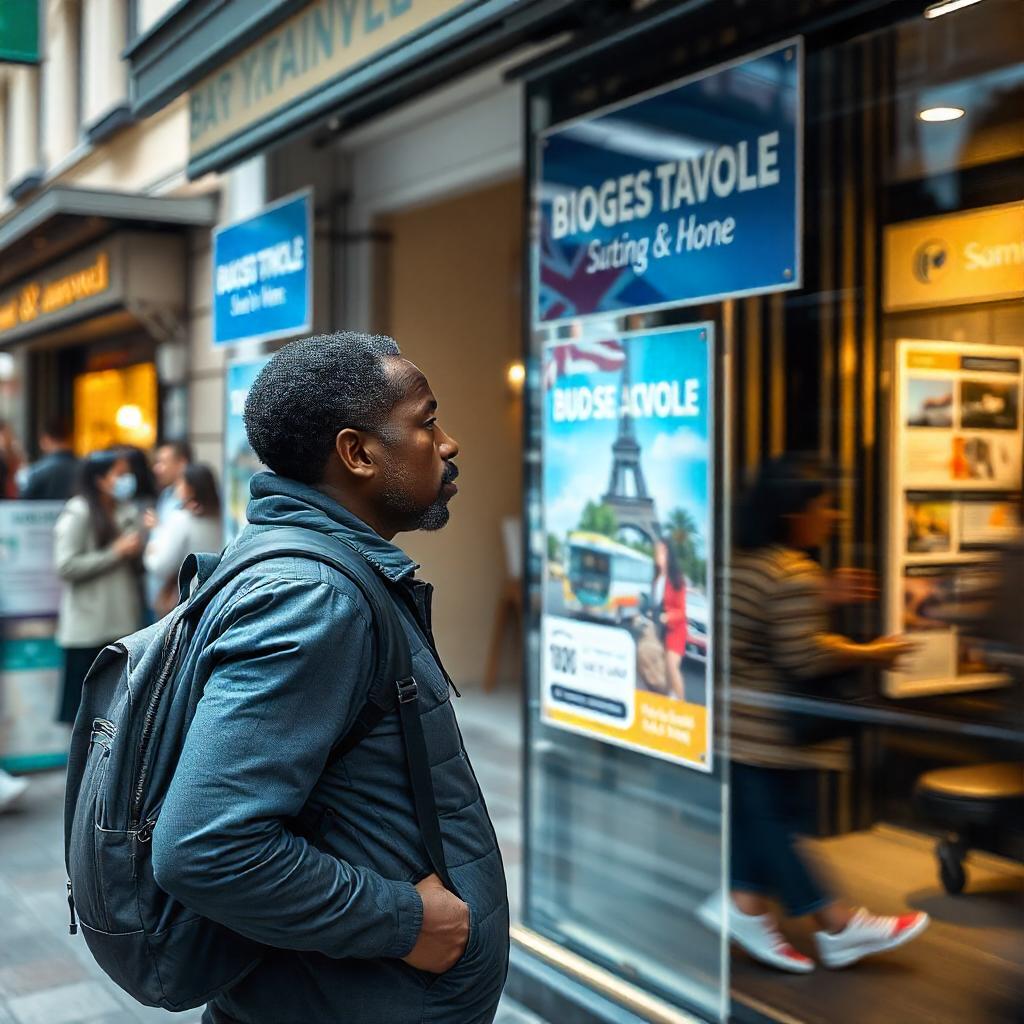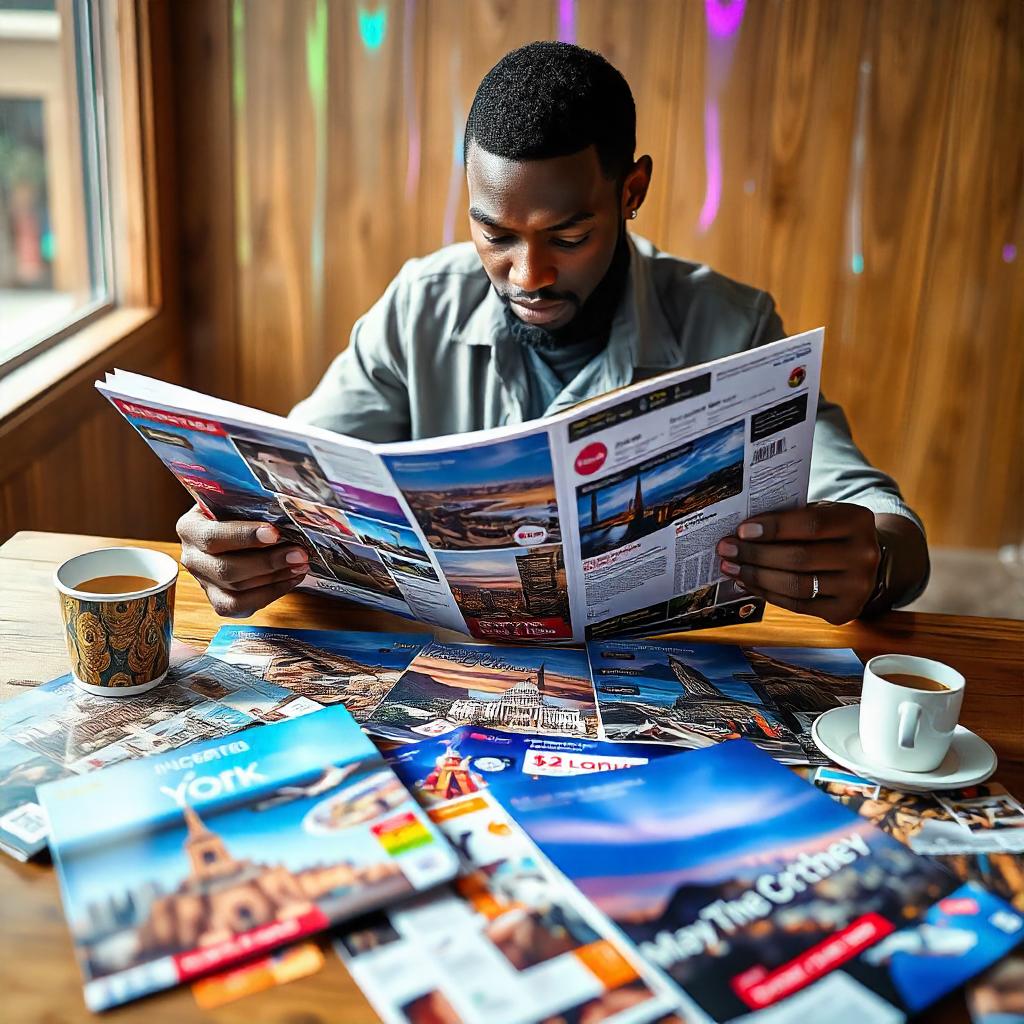Traveling the world is a dream for many, but the thought of expensive flights, accommodations, and activities can make it seem out of reach. However, with careful planning, flexibility, and the right strategies, it’s possible to experience incredible destinations without breaking the bank. Here are some practical tips to help you travel the world while staying within your budget.
1. Set a Realistic Travel Budget
Start by determining how much you can realistically spend on your trip. Factor in costs for flights, accommodation, meals, transportation, activities, insurance, and any other essential expenses. Break your budget into categories to ensure you allocate enough for each aspect of the trip, but also leave room for unexpected costs. Once you have a clear budget, you can tailor your travel plans accordingly to avoid overspending.
2. Travel During Off-Peak Seasons
Traveling during off-peak seasons (also known as shoulder seasons) can save you a significant amount of money. Popular tourist destinations tend to have lower prices for flights, accommodations, and activities when fewer travelers are around. Avoiding peak holiday periods (such as Christmas or summer holidays) and instead traveling during the shoulder seasons will allow you to experience destinations without the crowds and at a fraction of the cost.
3. Look for Flight Deals
Flights are often the biggest expense when traveling abroad, but there are ways to save. Sign up for flight deal newsletters from websites like Scott’s Cheap Flights, Airfarewatchdog, or Google Flights to track discounted tickets. Be flexible with your departure dates, as flights tend to be cheaper on weekdays or during odd hours. Use flight comparison websites (Skyscanner, Kayak, Momondo) to search for the best prices, and consider flying to nearby airports if it means a cheaper ticket.
4. Use Budget Airlines and Alternative Routes
Budget airlines like Ryanair, EasyJet, AirAsia, and Southwest Airlines offer affordable flights across many regions, especially in Europe, Southeast Asia, and the U.S. While these airlines often charge extra for amenities (like checked luggage), the base fare can be much lower than traditional airlines. Another cost-saving strategy is to book separate one-way flights or alternative routes to reach your destination rather than using direct flights or package deals.
5. Choose Affordable Destinations
Some regions of the world are much cheaper to visit than others. Southeast Asia (Thailand, Vietnam, Indonesia), South America (Peru, Colombia, Ecuador), and Eastern Europe (Poland, Hungary, Bulgaria) offer incredible experiences at a lower cost compared to places like Western Europe, Australia, or Japan. Consider choosing destinations where your money will go further, allowing you to experience more without going over budget.
6. Stay in Budget Accommodations
Instead of splurging on expensive hotels, consider staying in budget-friendly accommodations such as hostels, guesthouses, or Airbnb rentals. Hostels, in particular, are great for meeting other travelers and often offer affordable private rooms or dormitory-style accommodation. You can also use websites like Couchsurfing, where locals offer free places to stay in exchange for cultural exchange or simply as a gesture of hospitality.
If you’re open to unique experiences, try staying in a homestay or volunteering abroad through programs like Workaway or WWOOF, where you can stay for free in exchange for a few hours of work each day.
7. Cook Your Own Meals
Eating out three times a day can quickly add up. Save money by shopping at local markets and cooking your own meals whenever possible. Hostels and Airbnb rentals often have kitchens where you can prepare simple meals, which will help you stick to your budget. If you do decide to eat out, opt for street food or local restaurants instead of touristy spots, which are usually more expensive.
8. Travel Overland and Use Public Transportation
Instead of relying on taxis, rideshares, or expensive private transfers, use public transportation to get around. Buses, trains, and subways are often much cheaper and provide an authentic way to experience a destination. In many cities, you can buy day passes or multi-ride tickets that save you money on individual fares.
For longer distances, consider traveling by bus or train instead of flying. In regions like Europe and Southeast Asia, overnight trains and buses are a great way to save on both transportation and accommodation costs.
9. Book Tours and Activities in Advance
While spontaneous travel can be fun, booking tours and activities in advance can often save you money. Many tour operators offer early-bird discounts or promotions when you book online ahead of time. Use platforms like Viator, GetYourGuide, or Klook to find affordable, pre-booked activities such as museum visits, city tours, or day trips. Be sure to compare prices and read reviews to ensure you’re getting good value.
Alternatively, look for free activities like hiking, visiting parks, or walking tours offered by locals. Many cities offer free walking tours where you can tip the guide based on your budget.
10. Use Travel Rewards and Loyalty Programs
Take advantage of travel rewards programs to earn points and miles that can be redeemed for free flights, hotel stays, and car rentals. Sign up for credit card programs that offer travel rewards, or use frequent flyer programs from airlines like Delta, American Airlines, or United to accumulate miles with every purchase. Many loyalty programs allow you to book flights and accommodations at discounted rates or even for free once you’ve accumulated enough points.
11. Work or Volunteer Abroad
For longer-term travel on a budget, consider working or volunteering abroad. Programs like Workaway, WWOOF, and HelpX connect travelers with hosts who offer free accommodation and meals in exchange for a few hours of work per day. This can help stretch your budget and provide meaningful, immersive experiences in the countries you visit.
You can also look for short-term jobs or freelance work while traveling. Websites like Upwork or Fiverr allow you to take on remote work to fund your travels, and many countries offer working holiday visas for young travelers looking to fund their adventures.
12. Embrace Slow Travel
Slow travel involves staying longer in each destination, which helps you avoid expensive transport costs and allows you to experience the local culture at a deeper level. Instead of rushing from one city to the next, take your time to explore a country or region. By staying in one place for an extended period, you can often negotiate discounts on accommodation or rent, and you’ll have more opportunities to discover free or low-cost activities.
13. Travel With a Group
Traveling with a group can help you share the costs of accommodation, transportation, and activities. Consider joining group tours or finding travel companions online who are interested in the same destinations. You can split the costs of private tours, taxis, or meals, making your trip more affordable. Group travel also provides the benefit of camaraderie and safety, especially in more remote locations.
14. Avoid Tourist Traps
Tourist traps—overpriced attractions, shops, and restaurants—are often a significant drain on your budget. To avoid overspending, do your research before visiting major tourist destinations. Ask locals for recommendations or seek out lesser-known, free activities that provide the same experience without the hefty price tag. Museums, parks, local markets, and natural attractions are often more affordable and offer a deeper insight into a destination.
15. Use Travel Apps and Deals Websites
Take advantage of travel apps and websites that offer real-time deals, discounts, and last-minute offers. Websites like Skyscanner, Kayak, or Hopper help you compare prices and find the best flight deals. Hotel booking platforms like Booking.com, Agoda, or Hostelworld often have flash sales or discounted rates. Apps like HappyCow or Yelp can help you find affordable, local dining options wherever you are.
16. Embrace Minimalism
Traveling on a budget often means living with less. Embrace minimalism by packing light, avoiding excess purchases, and focusing on the experiences rather than material things. You’ll find that enjoying a sunset, exploring a local market, or having a picnic in a park can be just as rewarding (if not more) than spending money on souvenirs or pricey activities.





